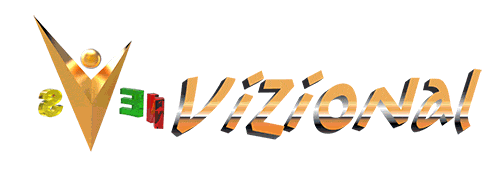Coronavirus pandemic is putting wildlife trade on the spotlight...
Conservation experts say the coronavirus pandemic, which likely originated at a market selling wild animals in China, is a watershed moment for curbing the global wildlife trade, which can drive extinction and spread disease.
When Adam Peyman walked into a restaurant in Vietnam to order a meal he was shocked to find wild animals, including threatened species, on the menu, alongside traditional rice, noodles and seafood. Sting ray, porcupine, softshell turtle, wild pig and wild goat were all on offer.
The desire for wildlife as food or medicine drives a trade in wild animals, some procured illegally, creating a breeding ground for disease and the chance for viruses to leap to humans.
"It was a bit of a surprise to see these foods," says the wildlife manager for the animal welfare organisation, Humane Society International. "But, these kinds of wild foods are considered something of a luxury."
"The consumption of wild animals, especially wild mammals, which can carry diseases that can cross the species barrier, does pose a real threat to human health," says Mr Peyman. "It's hard to tell whether these animals are taken from the wild legally or not but we already know that are being sold on these wet markets, as they're called."
The current coronavirus pandemic, which has claimed tens of thousands of lives, likely originated in the Wuhan seafood market.
The origins of the novel virus are unknown, but it most likely emerged in a bat, then made the leap to humans via another wild animal host.
Warning: file_get_contents(http://ipinfo.io/216.73.216.104/json): failed to open stream: HTTP request failed! HTTP/1.0 429 Too Many Requests in /home/altijxwf/vizional.news/includes/class.website.php on line 527

Comment